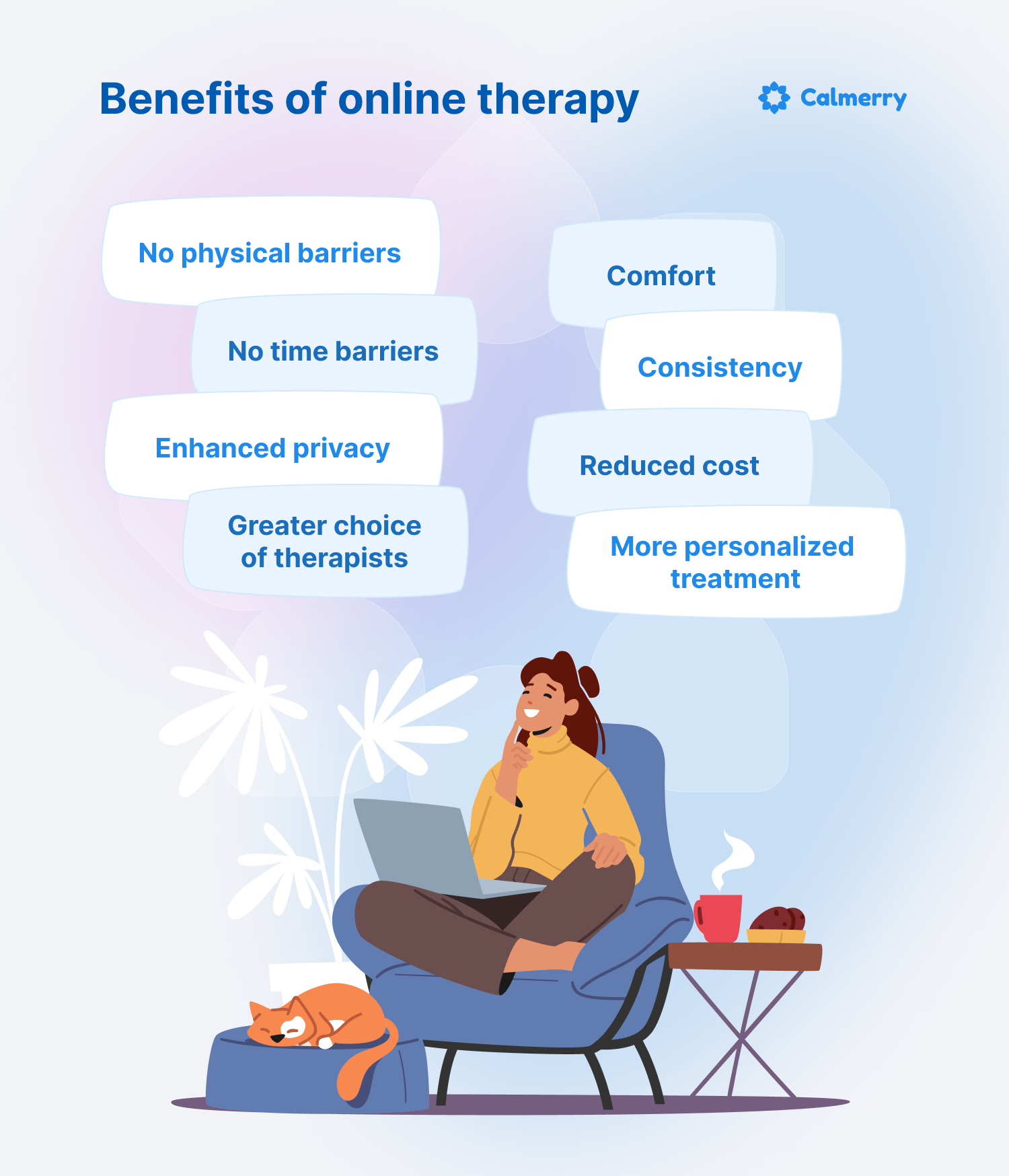Holistic Treatment: Locate Therapy for Chronic Illness in Houston
Holistic Treatment: Locate Therapy for Chronic Illness in Houston
Blog Article
Unpacking the Efficiency of EMDR Treatment for Anxiety Alleviation
Eye Motion Desensitization and Reprocessing (EMDR) treatment has gathered interest for its supposed efficiency in relieving anxiety symptoms. Stay tuned as we study the nuances of EMDR therapy in the context of anxiety administration, losing light on its pledge and constraints.
Background of EMDR Treatment
At first developed in the late 1980s by psychologist Francine Shapiro, Eye Movement Desensitization and Reprocessing (EMDR) therapy has actually given that gotten acknowledgment as an efficient therapy for different mental wellness problems. Shapiro's discovery of EMDR was serendipitous, as she saw that specific eye motions appeared to minimize the intensity of adverse thoughts and feelings. This monitoring led to the organized advancement of EMDR as an organized therapy approach.
EMDR is established on the idea that traumatic memories are inadequately refined and saved in the brain, bring about the advancement of emotional problems. The treatment aims to promote the reprocessing of these memories, making them less troubling and helping people to incorporate them much more adaptively. Via a series of standardized methods, including reciprocal stimulation such as eye motions or faucets, EMDR guides people through the handling of traumatic experiences.
Throughout the years, EMDR has actually developed from its first focus on treating trauma (PTSD) to addressing a wide variety of psychological health conditions, consisting of anxiousness, depression, fears, and a lot more. Its effectiveness and efficiency have made it a useful device in the therapeutic landscape.
Understanding Anxiety and EMDR
Shapiro's groundbreaking development of Eye Activity Desensitization and Reprocessing (EMDR) treatment not only revolutionized the therapy of post-traumatic stress and anxiety condition however also led the way for a deeper understanding of how EMDR can efficiently ease stress and anxiety symptoms in individuals. Stress and anxiety conditions include a variety of conditions defined by extreme concern, worry, and worry, typically causing substantial distress and impairment in daily performance. EMDR treatment targets traumatic memories and adverse ideas that add to stress and anxiety, using bilateral excitement to promote the handling of these experiences. By involving the brain's natural recovery mechanisms with guided eye motions or various other forms of reciprocal stimulation, EMDR assists people reprocess distressing memories, reduce emotional sensitivity, and develop adaptive coping systems. Researches have revealed promising cause utilizing EMDR for different anxiety problems, such as generalized anxiety problem, social stress and anxiety disorder, and panic problem, highlighting its efficiency in relieving anxiousness signs and symptoms and enhancing total wellness.
Efficiency of EMDR for Anxiety
Study searchings for have constantly shown the effectiveness of Eye Movement Desensitization and Reprocessing (EMDR) treatment in lowering anxiety symptoms across different anxiousness disorders. Studies have revealed that EMDR is specifically useful for individuals with trauma (PTSD), generalised anxiety disorder (GAD), fears, panic attack, and social stress and anxiety problem. EMDR's performance in dealing with anxiousness is attributed to its unique method of targeting upsetting memories or experiences that contribute to the advancement and upkeep of stress and anxiety signs.
A meta-analysis released in the Journal of Stress And Anxiety, Anxiety & Coping discovered that EMDR dramatically lowered anxiousness signs and symptoms contrasted to regulate problems, with the impacts lasting in time. Furthermore, EMDR has been shown to be as effective as cognitive-behavioral treatment (CBT) in lowering anxiousness symptoms, with some studies recommending that EMDR might cause quicker improvements for certain people.
Neurobiological Devices of EMDR
The effectiveness of Eye Movement Desensitization and Reprocessing (EMDR) for anxiousness alleviation has led researchers to explore the neurobiological systems underlying its therapeutic results. One suggested neurobiological explanation for just how EMDR works entails the idea of memory reconsolidation. During EMDR treatment, the bilateral excitement, such as eye motions or taps, might activate the mind's data processing systems, resulting in the reconsolidation of stressful memories. This process is believed to assist in the integration of stressful memories with adaptive details, thus lowering the emotional cost related to the stressful event.
Additionally, researches using neuroimaging methods have actually shown that EMDR therapy can cause adjustments in mind activity, especially in areas linked with emotional processing and memory, such as the amygdala and hippocampus. emdr therapy houston. These neurobiological modifications might contribute to the observed decreases in stress and anxiety signs following EMDR therapy. Additional research is required to completely elucidate the specific neurobiological systems whereby EMDR applies its restorative effects on anxiousness
Executing EMDR Methods

Therapists tailor the EMDR technique to suit individual needs, considering factors like the nature of the anxiety, personal background, and customer choices. The reciprocal stimulation utilized in EMDR is believed to engage functioning memory, cultivating flexible processing of upsetting memories and promoting emotional law. Via duplicated sets of bilateral excitement, people typically report a reduction in the emotional strength related to anxiety-provoking memories. By skillfully executing EMDR techniques, specialists can help clients in reducing anxiety signs and symptoms and promoting mental well-being.
Final Thought

Report this page